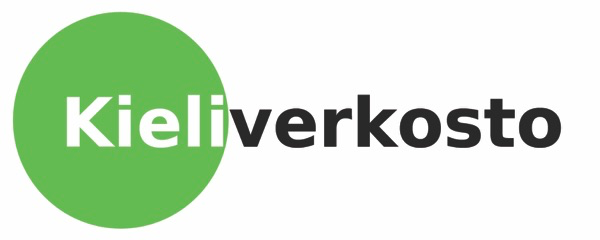I am a British expatriate teacher and have lived in Finland since 1991. As a qualified teacher of history and social studies, I was lucky enough to find a job teaching history and social studies in English at a lower secondary school in Kuopio. However, I soon realisedthat I would have a lot more career opportunities if I was also qualified to teach English. I completed the basic studies in English at Jyväskylä Open University and then the subject studies at Joensuu University.
As I started to teach more and more English, I felt that I should complete a master’s degree in English to really make the transition from historian to linguist. Living and working full-time in Kuopio restricted the possibilities to do this considerably. When I saw the advert in the Opettaja magazine for this course starting at Jyväskylä University, I was delighted as it was designed for people just like me who live at a distance and work full-time.
I was apprehensive about the workload and the time-consuming visits to Jyväskylä. However, everything possible was done by the course organisersto cater for our individual situations. The fact that most of the course members had many years of teaching experience was also taken into consideration. Programmeswere tailor-made to suit our particular needs. Considering how heterogeneous the group was, this was quite an achievement! I had to complete the advanced studies in English and write the master’s thesis. I made a schedule for completing the required courses and pretty much stuck to it. However, my timetable for writing the thesis was revised on many occasions!
I had high expectations for the contact sessions, but never went home disappointed. In fact, it was usually quite the opposite. The sessions and the feedback from the tutors sent me on my way feeling inspired and ready to work even harder before the next contact session. As we were all ‘in the same boat’, a real camaraderie developed amongst the course members. It was interesting to hear about their experiences, as well as reassuring to know that others were experiencing the same problems.
When it came to writing the master’s thesis, I decided to combine both history and language teaching and design a teaching material package for teaching history through CLIL. I learnt a lot about CLIL in the process, which in turn made me reflect on and develop my own classroom teaching. The gradu-seminars gave a good introduction to the writing process, and then regular contact with my supervisors both in person and via email helped to keep me on track.
Yes, it was difficult at times and, but for the invaluable support, advice and encouragement from the course organisers,I might have given up on a few occasions. It was reassuring to know that help was only an email away. Lack of time was the biggest problem and burning the midnight oil became all too familiar.
Now that I have a master’s degree in English I feel better qualified to do the work I do. Also, I have more job security and opportunities for other work in the future. All in all, the course was very demanding but also very rewarding, and it has helped me develop both as an English teacher and a CLIL history teacher.
Elizabeth Järveläinen on suorittanut vuosina 2007-2009 kielten opettajien pätevöitymiskoulutuksen. Koulutus järjestettiin Opetusministeriön hakerahoituksella Jyväskylän yliopistossa kielten laitoksen ja opettajakoulutuslaitoksen yhteistyönä.


